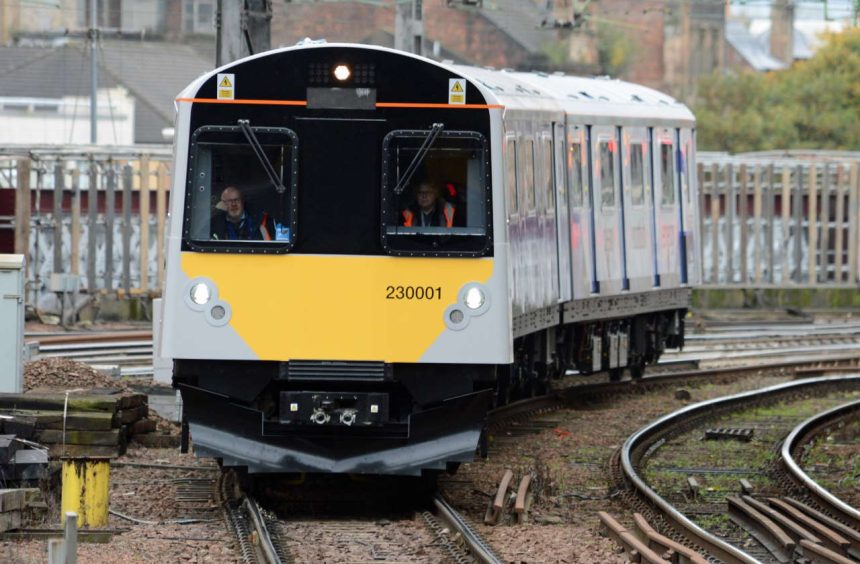Supported by Network Rail, the trial of Vivarail's trackside Fast Charging equipment is set to take place using the Greenford Branch Line during 2022.
This will be the first time the technology has been tested on an operational network with the trial aiming to demonstrate that the equipment is both safe and reliable in a real-world working environment.
Using batteries to extend operation has been limited by their range, which has made them unfeasible to use in regular operation, however, the new Vivarail technology could be about to change this.
The Fast Charge equipment is going to be installed at West Ealing Station later in the year and tested using Vivarail's battery-only Class 230 train which was initially revealed during COP26 in 2021 where it ran daily services throughout the conference in Glasgow and even saw a special trip across the Forth Bridge.
The train features an impressive range of approximately 62 miles using battery power and has shown it has a recharge of just 10 minutes via the Fast Charge system during off-network testing. Connection to the Fast Charge system is automatic as the train arrives at a station, charging the batteries whilst it awaits its next journey.
The trial on the Greenford Branch Line works in line with the Government's and the rail industry's aim to move towards net-zero carbon emissions for 2050.
The project is supported with £2.15m funding via the Department for Transport's Rail Network Enhancement Pipeline (RNEP). Innovate UK has also provided funding for the development of the Fast Charge technology.
Rail Minister Wendy Morton said:
“We are world leaders in developing cutting edge green technology and this new zero-emission train supports our ambitious plan to move towards net-zero carbon emissions by 2050.
“Through our Plan for Rail and the Transport Decarbonisation Plan we are making the railways the backbone of a cleaner, more environmentally-friendly and modern public transport network.”
GWR Managing Director Mark Hopwood said:
“This is a really exciting development and underlines our commitment to reduce the carbon emissions of our train fleet with a view to removing all diesel-only traction from the network by 2040, in line with the Government's Transport Decarbonisation Plan.
“We're looking forward to working with our rail industry colleagues over the coming months to be able to rigorously test this battery train and charger on the Greenford branch line.”
Vivarail Managing Director Steve McBride said:
“Spearheading new green technology for rail is Vivarail's forte, so I am delighted we are working with Great Western Railway on this demonstration of battery traction and automatic fast charging. The Greenford to West Ealing line will now lead the UK in bringing in new, emission-free battery-electric trains combined with our world-leading charging system.
“Battery technology has been identified as a key part of the network's solution to reach Net Zero and it is the ability of our charging system that provides the key to replacing diesel trains.
“I believe it will mark a step-change in showing the innovation within our industry. The support from GWR, Network Rail and the DfT to get this underway has been phenomenal.”
Network Rail's Regional Managing Director for Wales and Western, Michelle Handforth, said:
“We are really excited for this new battery-powered trial to start and it highlights our commitment to providing a more environmentally-friendly way to travel.
“It builds on the success of electrification of the Great Western Mainline which has hugely reduced the number of journeys being made in diesel-only traction.
“We're now looking forward to the challenge of getting the Greenford branch line ready for this new trial, which is another significant step forward for rail travel.”

Very good idea GWR. Maybe the Class 230 Battery/Hybrid (BHMU) trains could also be ideal to operate on the Windsor & Eton Central, Maidenhead-Bourne End/Marlow and Twyford-Henley-on-Thames branch lines.
Basically any route which does not have gradients !! Or very minimal ones as thats where the battery reserves are rapidly depleted